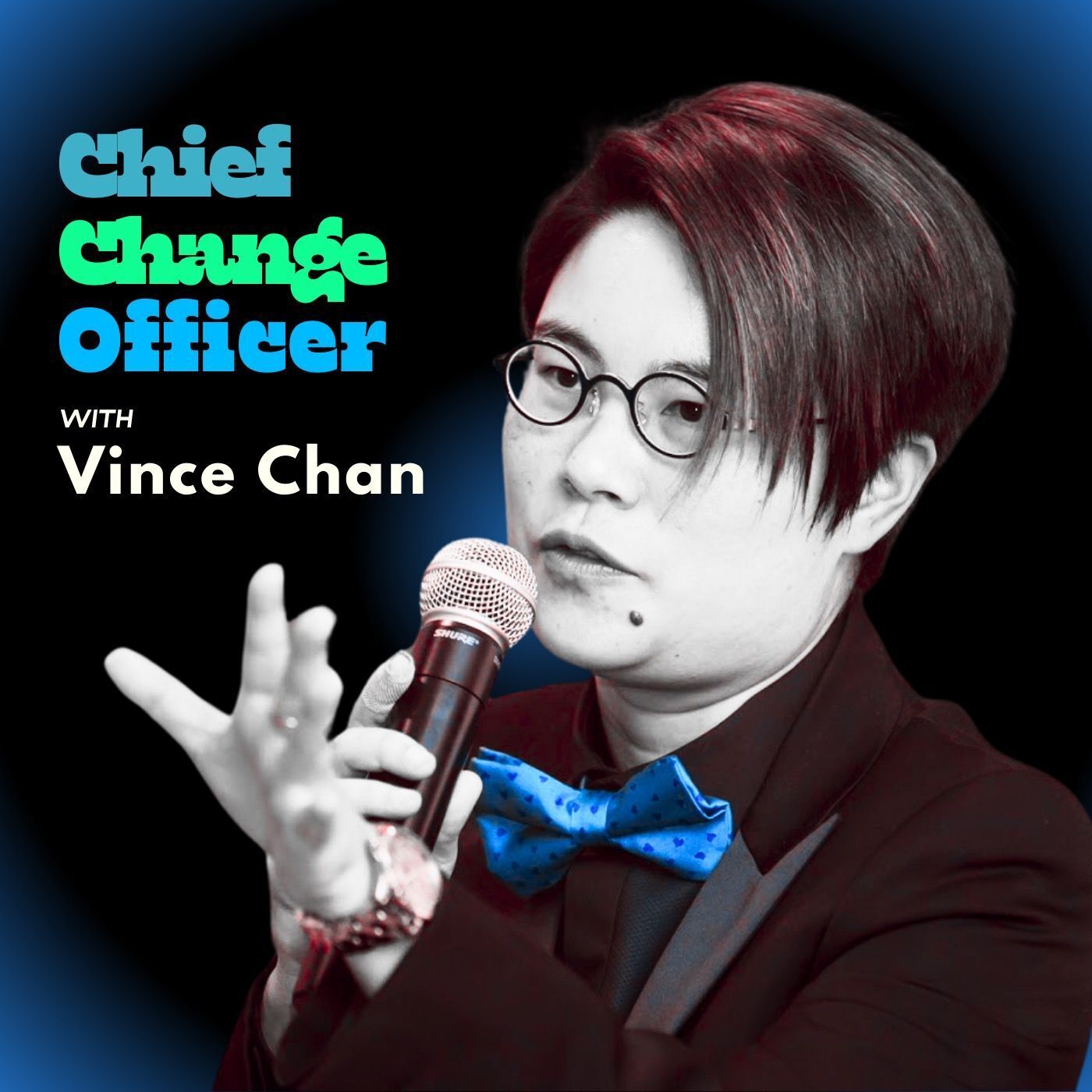#395 Colin Savage: Why Skill Stacking Is the New Lifelong Learning — Part One
If reinvention were a passport, Colin Savage’s pages would be full. From global projects across seven countries to helping old-school industries like Japanese insurers modernize with tact, Colin’s career isn’t just built on change—it thrives on it.
In Part One, we go deep on the difference between chasing novelty and building purpose. Colin dismantles the dated idea of “lifelong learning” and replaces it with something sharper: skill stacking. You’ll also hear how he developed change muscles by moving countries, industries, and ideas—without ever losing sight of what matters.
Key Highlights of Our Interview:
The Purpose Behind the Pivot
“Change is exciting—but if there’s no deeper reason behind it, it’s just noise.” Why purpose should lead, not lag, behind transformation.
Skill Stacking vs. Lifelong Learning
“Lifelong learning sounds noble—but it’s often aimless. Skill stacking is intentional.” Colin’s case for mastering combinations over collecting badges.
Japan: Where Change Means Patience
“In the Japanese life insurance industry, I learned that fast isn’t always smart.” Why transformation in traditional sectors demands humility and consensus.
The Trap of Unfinished Adventures
“You can jump into change for the thrill—but it’s the follow-through that matters.” Why Colin says completion is underrated in careers.
Addicted to Change? Own It.
“I love novelty—but I’ve learned to pair it with discipline.” Colin’s method for staying curious without burning out.
_________________________
Connect with us:
Host: Vince Chan | Guest: Colin Savage
--Chief Change Officer--
Change Ambitiously. Outgrow Yourself.
Open a World of Expansive Human Intelligence
for Transformation Gurus, Black Sheep,
Unsung Visionaries & Bold Hearts.
EdTech Leadership Awards 2025 Finalist.
20 Million+ All-Time Downloads.
80+ Countries Reached Daily.
Global Top 1% Podcast.
Top 5 US Business.
Top 1 US Careers.
>>>180,000+ are outgrowing. Act Today.<<<
See Privacy Policy at https://art19.com/privacy and California Privacy Notice at https://art19.com/privacy#do-not-sell-my-info.
Press play and read along
Transcript
Transcript is processing—check back soon.





